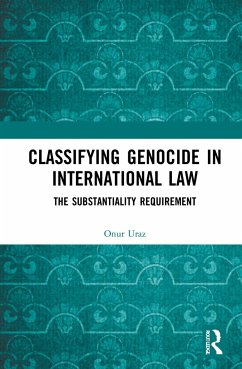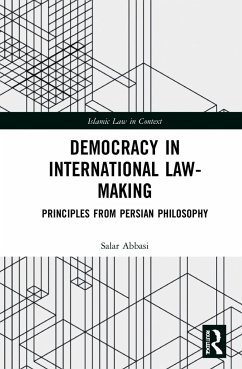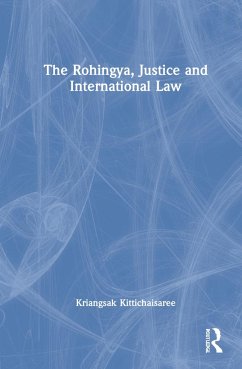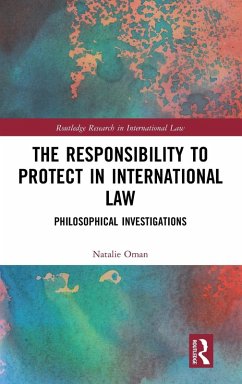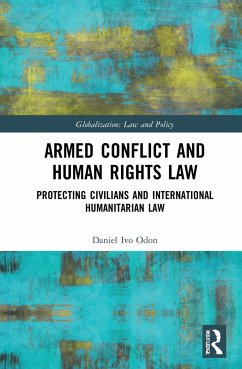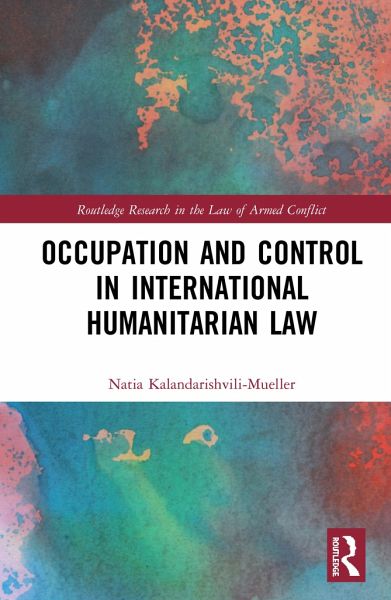
Occupation and Control in International Humanitarian Law
Versandkostenfrei!
Versandfertig in 1-2 Wochen
141,99 €
inkl. MwSt.
Weitere Ausgaben:

PAYBACK Punkte
71 °P sammeln!
This book presents a systematic analysis of the notion of control in the law of military occupation. It will be a valuable resource for academics, researchers and practitioners working in the fields of international humanitarian law, international public law and security studies.









